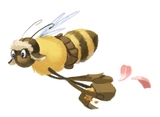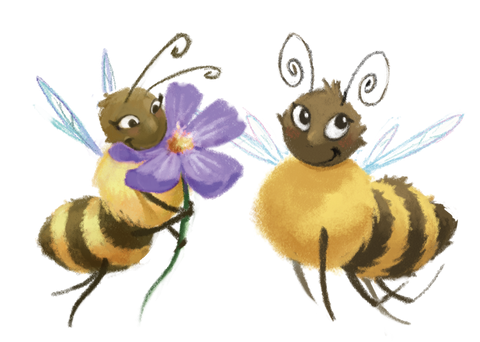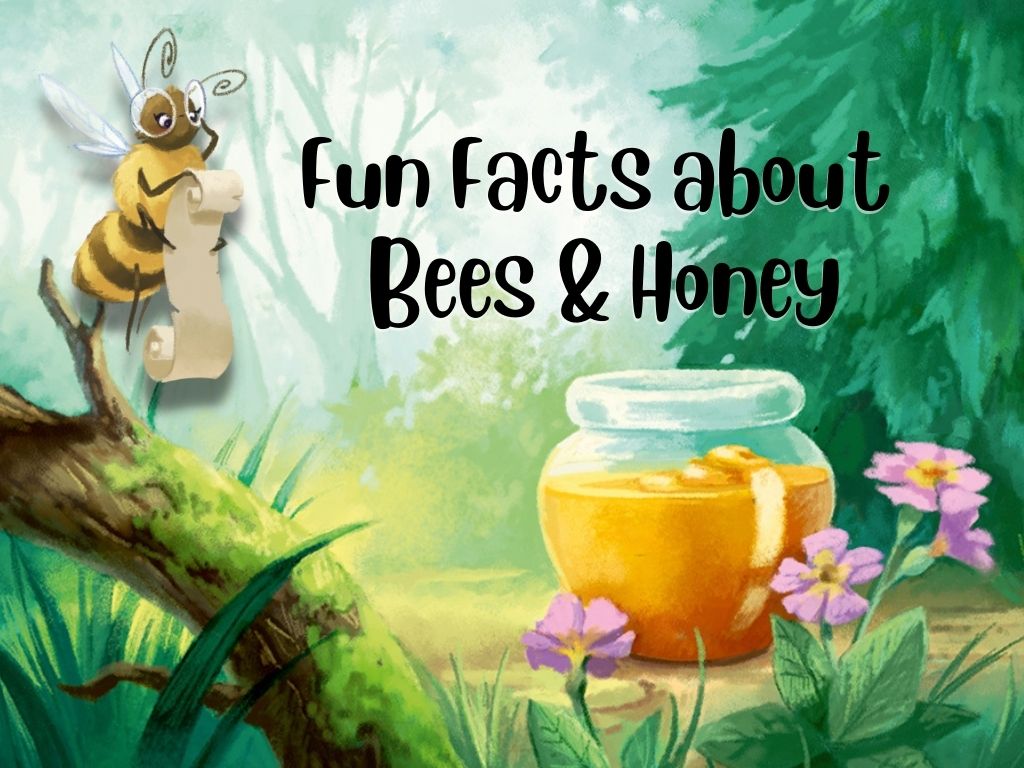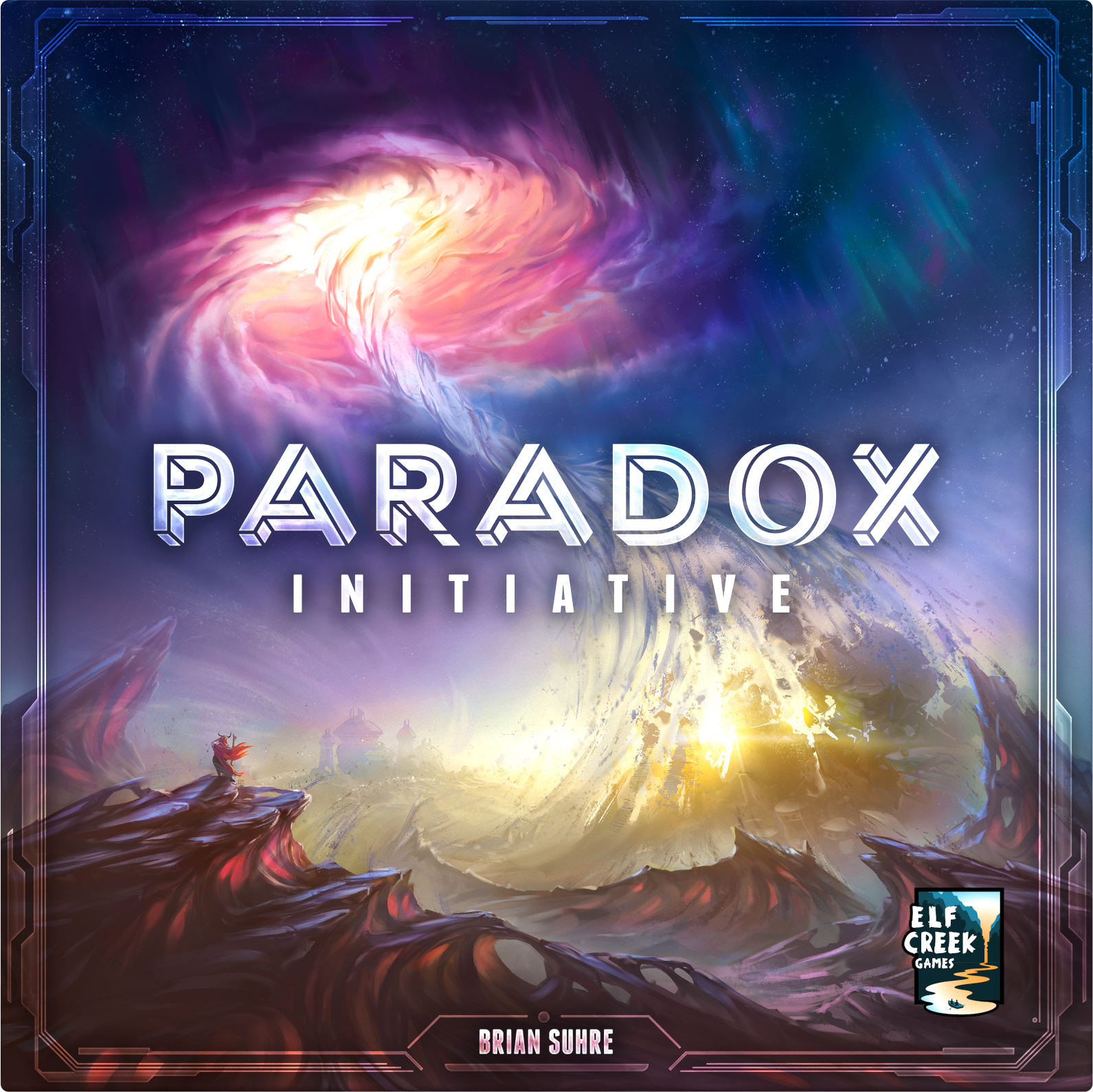April showers have come and gone, bringing May flowers into full bloom! And where there are flowers, there are bees!
Our game, Honey Buzz, is more than just a fantastic worker-bee placement game. Designer Paul Salomon and the dev team here at Elf Creek have worked make sure the game is rooted in truth about bees and the honey they produce! So, today we'd like to share some fun facts about bees and honey!

Busy as a bee...
• A honey bee can fly for up to six miles, and as fast as 15 miles per hour, hence it would have to fly around 90,000 miles -three times around the globe – to make one pound of honey!!!
• Honey bees are environmentally friendly and are vital as pollinators.
• A honey bee will visit 50-100 flowers in one collection trip!
It's good to be the queen...
• The queen bee lives for about 2-3 years. She is the busiest in the summer months, when the hive needs to be at its maximum strength, and lays up to 2,500 eggs a day!
• The queen may mate with up to 17 drones over a 1-2 day period of mating.

The language of bees
• Bees cannot speak. They communicate using vibrations.
• The Honey bee’s wings stroke 11,400 times per minute, thus making their distinctive buzz. There are different patterns, or codes, of buzzes to communicate things like distance and the location of nectar or water.

The Honey Moon
• Fermented honey, known as Mead, is the most ancient fermented beverage. The term “honey moon” originated with the Norse practice of consuming large quantities of Mead during the first month of a marriage.

Flavor and color
• The flowers visited by the honey bees determines the flavor and color of the honey they produce. Should the bee visit a mixed patch of flowers, a special perfume left by the scout bees tells the workers to take nectar from only one source so that the honey in the hive is only one type.

A spoonful of honey...
• There is a lot of speculation regarding the ability of honey to treat seasonal allergies. The idea behind eating local honey to treat allergies is similar to that of an allergy shot. An allergy shot, however, has many conclusive studies to show effectiveness while honey does not.
There are many studies on this subject and the results are conflicting.
One study examined the effect pf pasteurized honey on allergy symptoms compared to local honey. The results showed that neither group experienced any relief of their allergy symptoms.
Another study found that honey eaten at a high dose did improve a person's allergy symptoms over a period of eight weeks.
Study results may be inconclusive, but no reason not to try it! Support local businesses and buy local honey! Even if it doesn't help your allergies, it will always make for a tasty treat!



